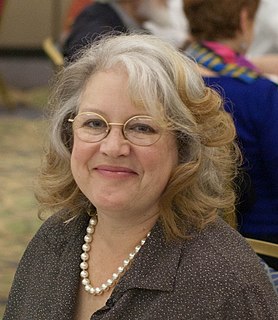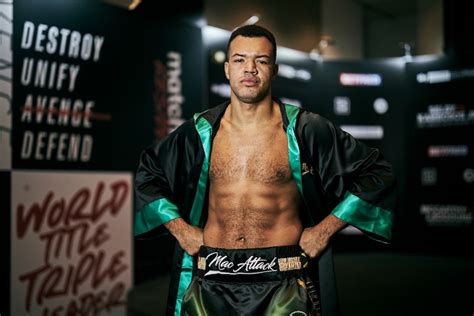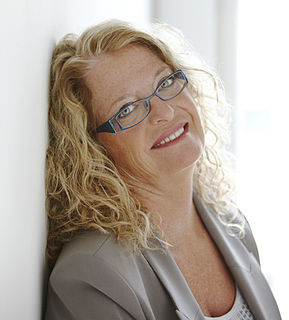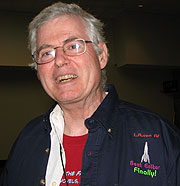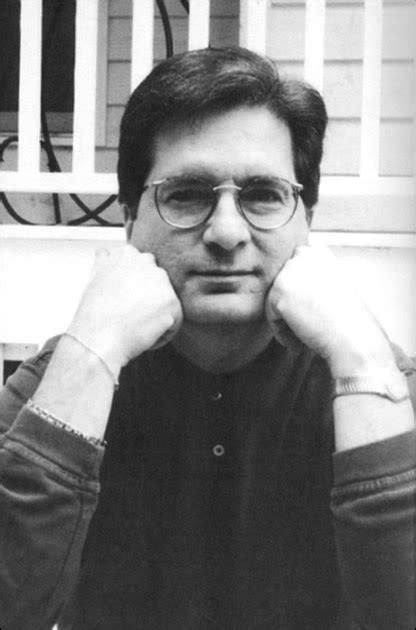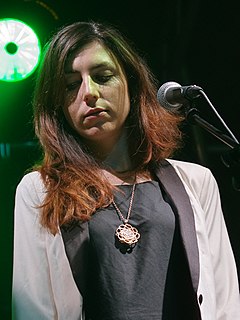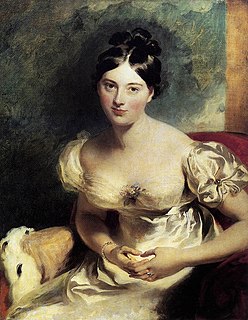Top 1200 Literary Love Quotes & Sayings
Explore popular Literary Love quotes.
Last updated on December 3, 2024.
It remains a mystery to me why some of that [pulp] fiction should be judged inferior to the rafts and rafts of bad social [literary] fiction which continues to be treated by literary editors as if it were somehow superior, or at least worthier of our attention. The careerist literary imperialism of the Bloomsbury years did a lot to produce fiction's present unseemly polarities.
The Booker thing was a catalyst for me in a bizarre way. It’s perceived as an accolade to be published as a ‘literary’ writer, but, actually, it’s pompous and it’s fake. Literary fiction is often nothing more than a genre in itself. I’d always read omnivorously and often thought much literary fiction is read by young men and women in their 20s, as substitutes for experience.
In so many ways, being a literary agent is an irresistible job to me. Not only does it involve all the things I love - being an advocate for others, problem solving, and going to meetings - yes, that's true, I love meetings, though everyone says it's bizarre! - but most importantly, I love working with people whose writing excites me.
There are characters in some short stories who exist as people, and there are other characters in different short stories who exist as purely literary constructs. You know, the young man in "Forbidden Brides of the Faceless Slaves in the Secret House of the Night of Dread Desire" - I probably got that right - is a literary construct, and enjoys being a literary construct. He has no life off stage, whereas the young men in "How to Talk to Girls at Parties" were as near to being real human beings as I could possibly get them.
There are so many new young poets, novelists, and playwrights who are much less politically committed than the former generations. The trend is to be totally concentrated on the literary aesthetic and to consider politics to be something dirty that shouldn't be mixed with an artistic or a literary vocation.
The provincial intellectual is doomed to arguing at low level... there is still no Australian literary world, not in Sydney, Melbourne, Adelaide. It is some consolation to realise that there is no literary world in Birmingham or Los Angeles either. I have heard there is one in Montreal, but I don't believe it. The literary world is in London and New York, the only cities big enough to sustain magazines which can afford to reject copy.
Put your hand on your heart to keep it from flying off to the lovely magical literary island Mary Ann Shaffer and Annie Barrows have created in The Guernsey Literary and Potato Peel Pie Society. This novel is a delightful mix of fine writing, powerful emotions, glorious settings and amazing characters who deal with life in a way that will have readers falling in love on every single page.
That the question of likability even exists in literary conversations is odd. It implies that we are engaging in a courtship. When characters are unlikable, they don’t meet our mutable, varying standards. Certainly we can find kinship in fiction, but literary merit shouldn’t be dictated by whether we want to be friends or lovers with those about whom we read.
The moment in the account of Adam and Eve in the book of Genesis is when they realize they're naked and try and cover themselves with fig leaves. That seemed to me a perfect allegory of what happened in the 20th century with regard to literary modernism. Literary modernism grew out of a sense that, “Oh my god! I'm telling a story! Oh, that can't be the case, because I'm a clever person. I'm a literary person! What am I going to do to distinguish myself?...a lot of modernism does seem to come out of a fear of being thought an ordinary storyteller.
[Michael] Chabon, who is himself a brash and playful and ebullient genre-bender, writes about how our idea of what constitutes literary fiction is a very narrow idea that, world-historically, evolved over the last sixty or seventy years or so - that until the rise of that kind of third-person-limited, middle-aged-white-guy-experiencing-enlightenment story as in some way the epitome of literary fiction - before that all kinds of crazy things that we would now define as belonging to genre were part of the literary canon.
My literary criticism has become less specifically academic. I was really writing literary history in The New Poetic, but my general practice of writing literary criticism is pretty much what it always has been. And there has always been a strong connection between being a writer - I feel as though I know what it feels like inside and I can say I've experienced similar problems and solutions from the inside. And I think that's a great advantage as a critic, because you know what the writer is feeling.















